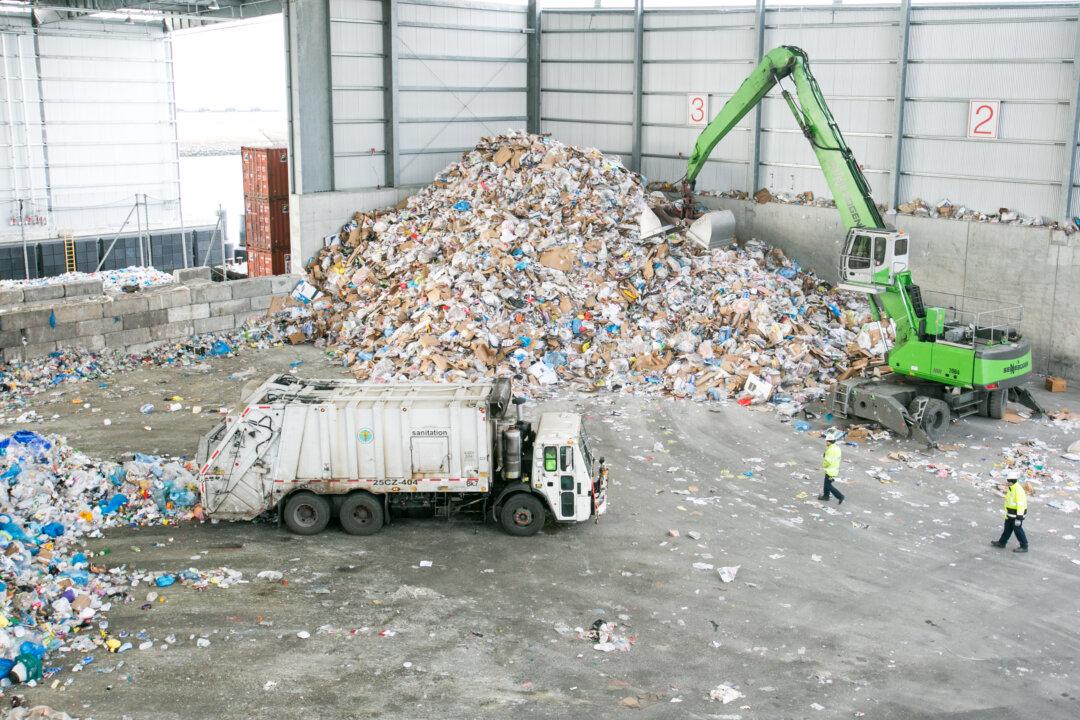Plunging oil prices have sent the price for virgin plastic down even below the price of recycled plastic, just the latest problem for the recycling industry.
New polyethylene terephthalate, a type of plastic known within the sector as PET and used to make soft-drink and water bottles, cost $0.83 a pound at the beginning of 2015, according to trade publication Plastics News. At that time, the price was 15 percent higher than the cost of recycled PET.
However, as of late March, the cost of PET had fallen to $0.67 a pound, 7 percent less than the recycled plastic.
That’s not the industry’s only problem.
Fewer newspapers are being produced, and the amount of printing and writing paper has only recently started going down significantly, leading to less paper for the industry to cash in on. And in an ironic twist, new forms of packaging are making recycling more difficult, part of the reason why some plants are closing, and others are getting retrofits to manage waste streams better.
More Problems
Another problem has arisen recently for recycling companies. For a while, companies encouraged nearby residents to put all kinds of products in their recycling containers at the curb, with the companies vowing to separate the items.
But the falling price of commodities has exposed a problem with this method—a higher cost to separate the recyclables—with some loads being completely contaminated by products that can’t be recycled.
Previously high scrap values masked this problem and also hid how a lot of junk was being included in the bales of product that recycling plants produce, Patty Moore, CEO of Moore Recycling Associates, an industry consulting firm, told Epoch Times. China and other countries that import our recycled bales “didn’t want to take junk anymore,” and put the onus on the recycling plants to separate better.





